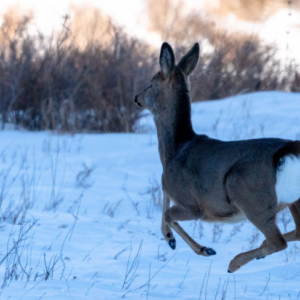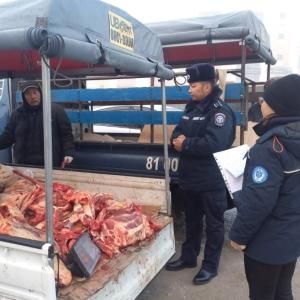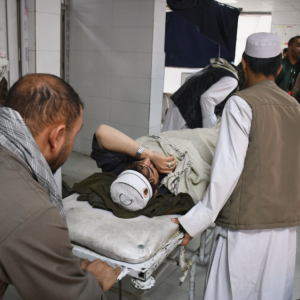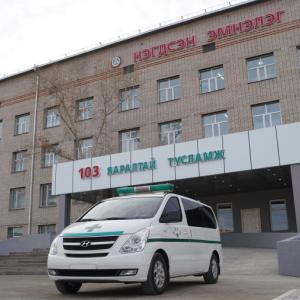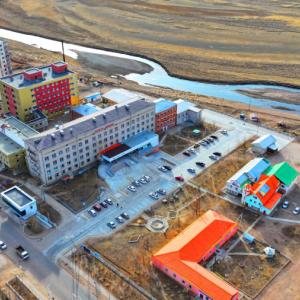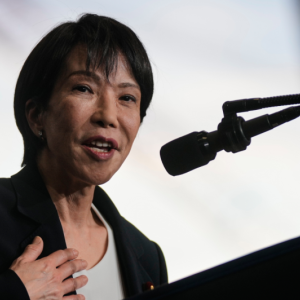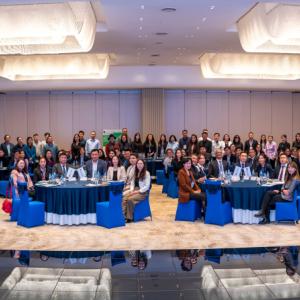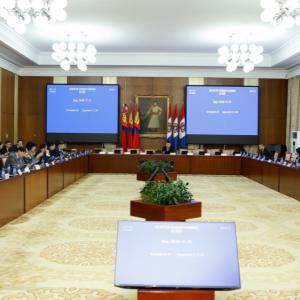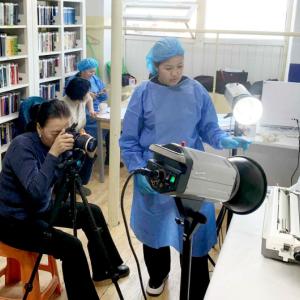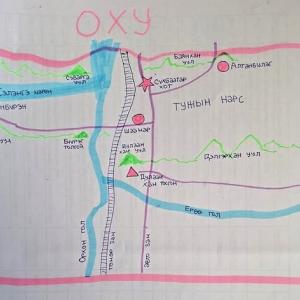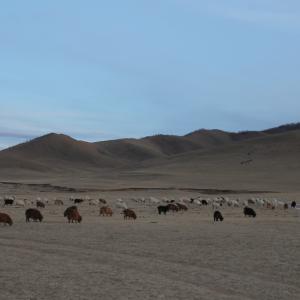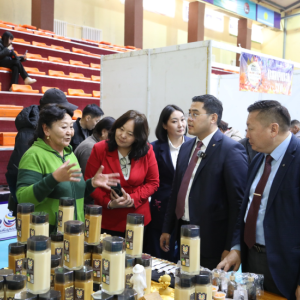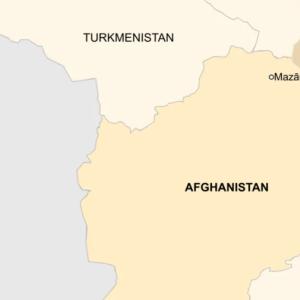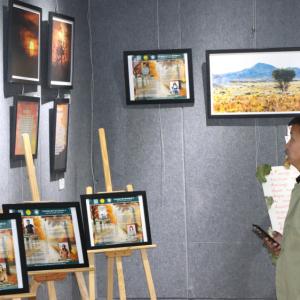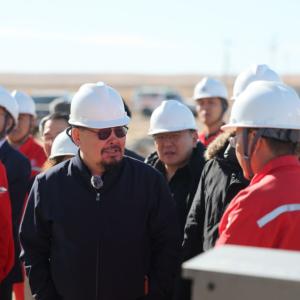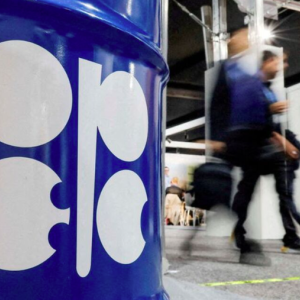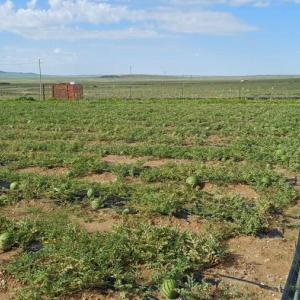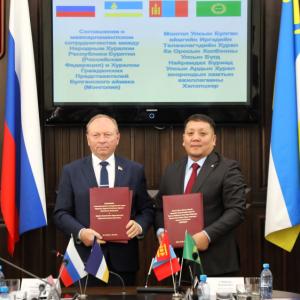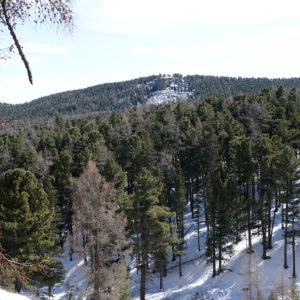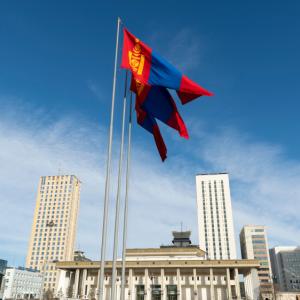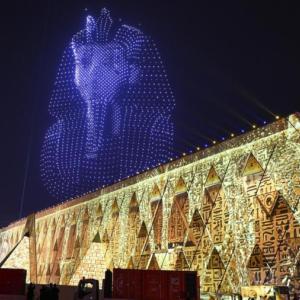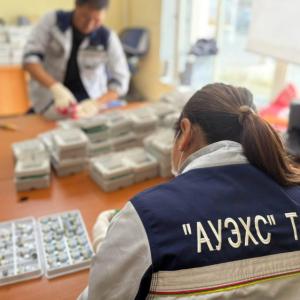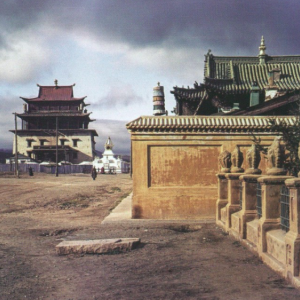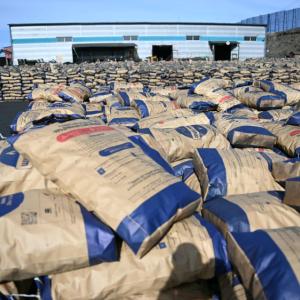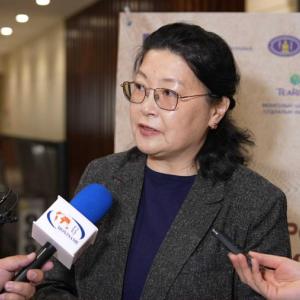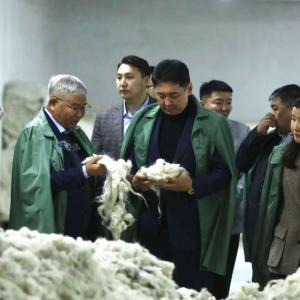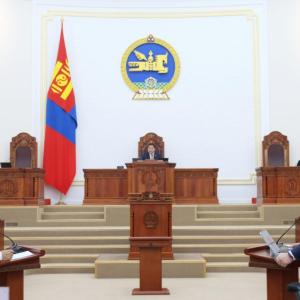Emeelt Eco Industrial Park to Develop in Eastern and Western Zones
Society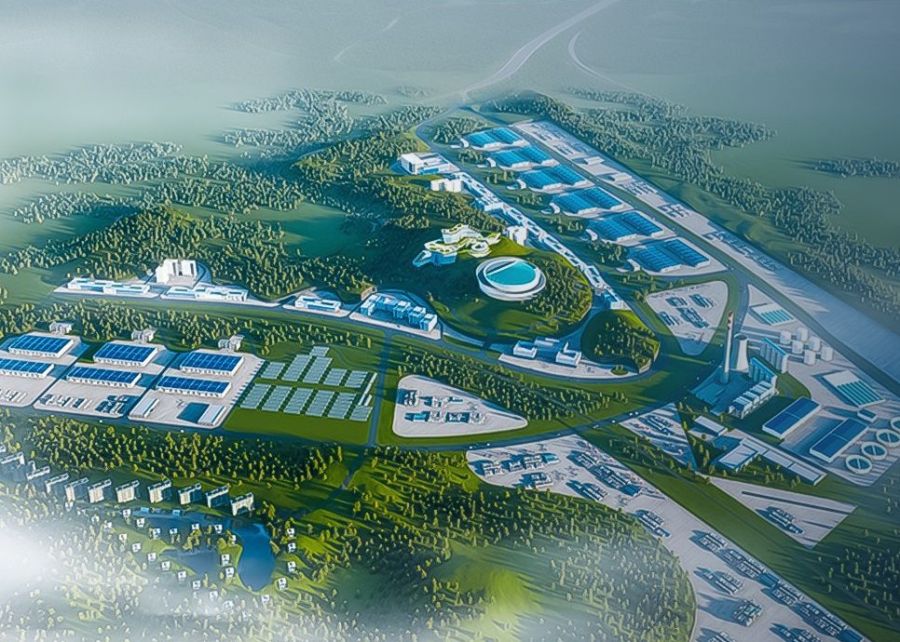
Ulaanbaatar, October 10, 2025 /MONTSAME/. The “Emeelt Eco Industrial Park” project is being implemented in phases as part of Ulaanbaatar’s 24-mega infrastructure development project.
In October 2024, the Emeelt Industrial Park inaugurated a four-story Business Incubator, Industrial Training Center. In August of this year, a contractor was selected to construct the “Thermal Power Plant and Treatment Facility” to supply energy to the park, and an (EPC+F) contract was signed. The cluster park will be built on 539 hectares in the Shar Khuviin Valley, located in the 13th khoroo of Khaan-Uul District, 30 km from the city center of Ulaanbaatar. As of today, a detailed environmental impact assessment for obtaining the special permit to construct the energy facilities has been carried out, with progress at 70 percent. The budget for the engineering infrastructure works has been updated, and a general feasibility conclusion is being prepared.
The Chief Engineer of Emeelt Eco Industrial Park Company, T. Batdondog, said, “The industrial park will be divided into eastern and western zones. The eastern zone will host wool and cashmere processing and leather factories, and its infrastructure designs include utility networks, flood control channels, and communications networks. The western zone will host meat and by-product processing facilities, with design work already underway.”
According to the Governor's Office of the Capital City of Ulaanbaatar, the project will construct a 24 MW heat and power plant, a wastewater treatment facility with a daily capacity of 6,700 cubic meters, 12.5 km of roads, flood protection structures, two reservoirs, and engineering utility networks. The Emeelt Eco Industrial Park will have the capacity to process 7.5 million pieces of hides and skins, 3,000 tonnes of wool, 5,800 tonnes of cashmere, 25,000 tonnes of meat, and 8,000 tonnes of by-products annually. It will process 43.5 percent of Mongolia’s total livestock raw materials and create 5,600 new jobs.
 Улаанбаатар
Улаанбаатар









